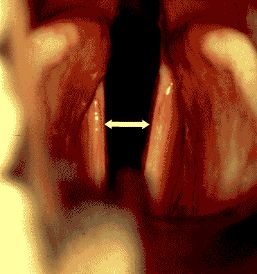
BEWARE - DOMAINE JUST LIKE MINE - THEY JUST CREATED IT
WE HAVE 30 YEARS IN ROTTS - OUR DOMAINE WAS ESTABLISHED IN 2007
JLPP - Juvenile Laryngeal Paralysis and Polyneurpathy
|
I do suggest to see a vet, but this is a home remedy version. We are not veterinarian www.offa.org/dnatesting/lpp.html www.profidog.cz/en/jlpp-geneticke-testy-rottweileru/
|
